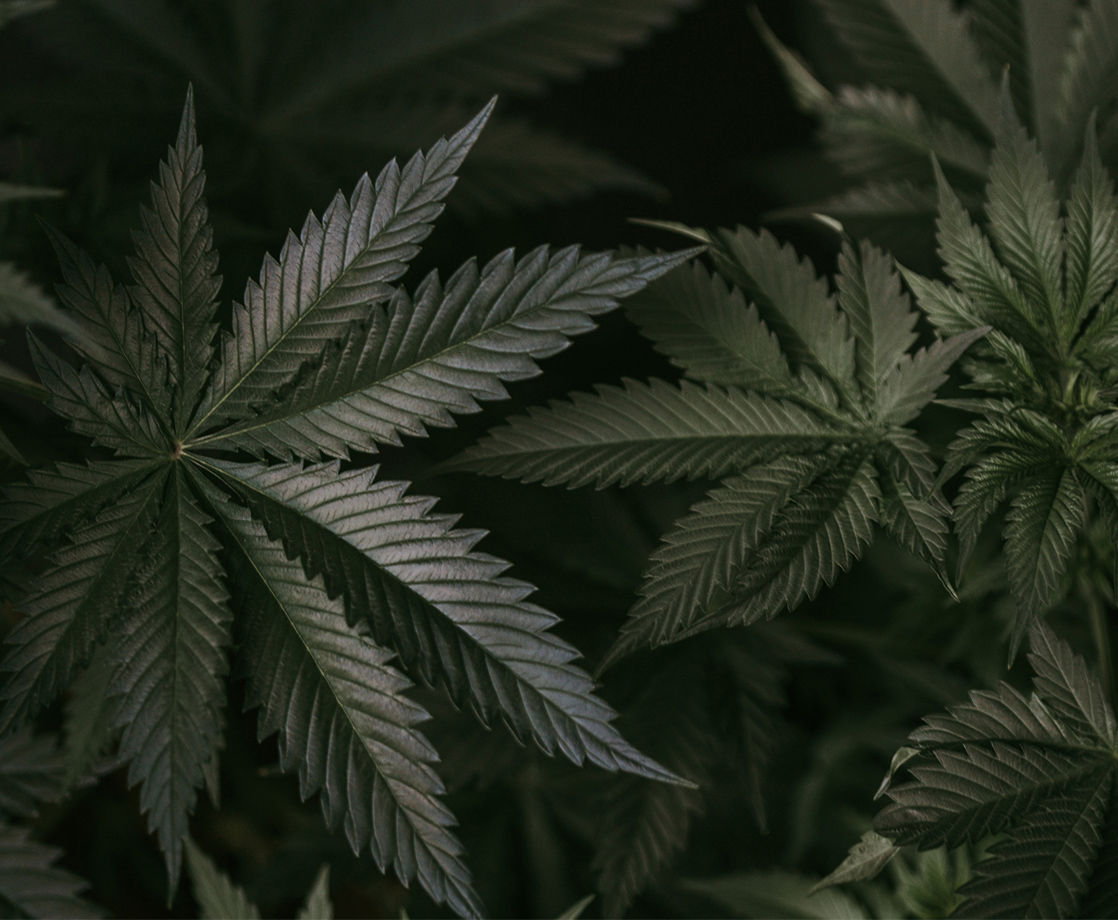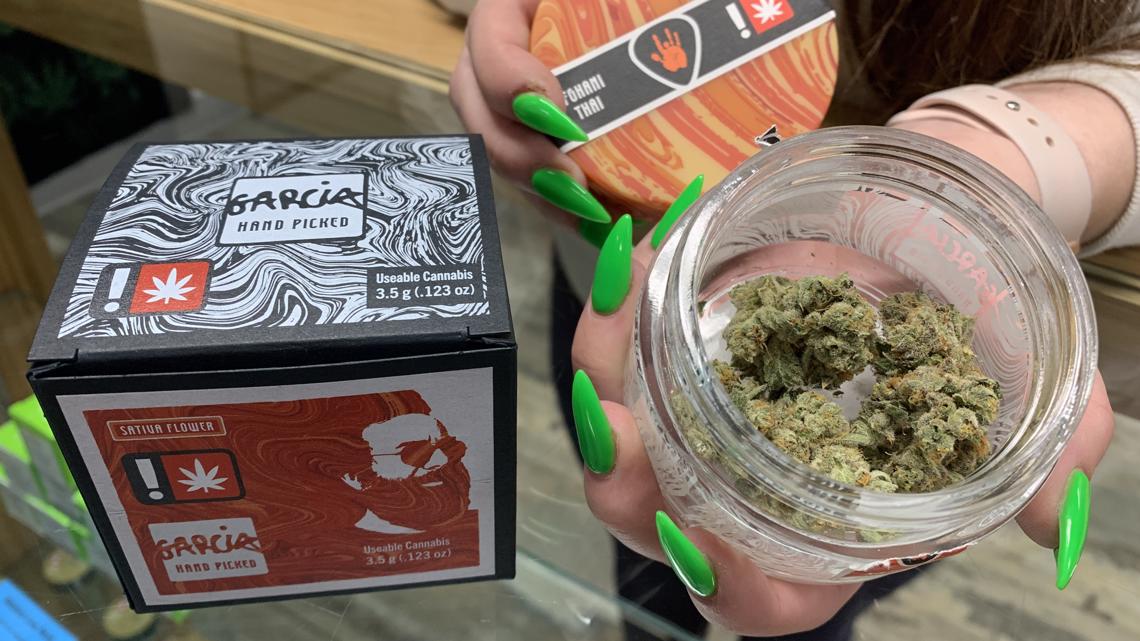California is approaching the six month anniversary of enacting legal adult-use cannabis sales, and Golden State regulators are already raking in millions of dollars in local and state taxes. But tucked away in the dense public forests of California's northern counties, thousands of black market marijuana cultivators are still shirking local laws and tax collectors, contaminating local waterways, and, now, drawing the intense scrutiny of one U.S. Attorney.
According to the Associated Press, U.S. Attorney for Eastern California McGregor Scott announced a new anti-cannabis interdiction plan focused on out-of-state trafficking and environmental preservation. In a collaborative effort with California Attorney General Xavier Becerra, U.S. Department of Agriculture's Forest Service Director of Law Enforcement and Investigations Tracy Perry, and a number of other researchers and law enforcement officials, Scott will oversee $2.5 million in federal funding to combat the unregulated cannabis cultivation.
"Growing marijuana on federal public lands is, and has always been, illegal, and the destruction it wreaks on the environment must be stopped," U.S. Attorney Scott said. "Our national parks and forests are priceless treasures held in trust for the public to enjoy for generations to come. But these assets are being destroyed by criminal organizations that cultivate millions of marijuana plants on these lands each year for profit. The growing scientific evidence showing the depth and scale of this destruction to the forests, wildlife, and waterways is a wake‑up call that we must heed. My office is committed to raising awareness about this issue and joining with our partners to put an end to this profound problem."
Even before legalization, miles upon miles of Northern California's pristine public forest land was converted into off-the-books grow sites every spring, with local residents and international organized crime syndicates alike using the world-famous soil and sunshine to produce pounds of black market bud. Without the regulations of California's medical or recreational weed industry, though, clandestine growers are motivated only by cash, inspiring the use of some extremely toxic chemical pesticides, poor water use standards, and rampant littering. In addition to stopping the flow of illicit cannabis to states in the Midwest and East Coast, the newly-announced federal enforcement effort will continue California's attempts to take back its state parks from pot growers.
"The illegal growth of cannabis is undeniably a major threat to public safety. It is also killing our wildlife, polluting our waters, and destroying our public lands," Attorney General Becerra said.
To participate in California's regulated marijuana market, growers must first submit their bud to state-licensed laboratories for strength and safety testing. On the black market, though, growers often employ pesticides banned by U.S. regulators, putting poison not only into the lungs of the eventual consumer, but into the ground, the water, and local wildlife, as well. According to the Integral Ecology Research Center, traces of the pesticide carbofuran were found at 78% of California's illicit grow sites.
In Oregon, U.S. Attorney Billy Williams has said that his office will begin to step into the Beaver State's cannabis industry because overproduction and tracking problems have lead licensed growers and distributors to look towards the black market to sell their overstocked crops. However, further down the West Coast in California, U.S. Attorney Scott has made it abundantly clear that his goal is not to pursue the state's permitted ganjapreneurs in any form or fashion.
"The reality of the situation is there is so much black market marijuana in California that we could use all of our resources going after just the black market and never get there," Scott told the Associated Press. "So for right now, our priorities are to focus on what have been historically our federal law enforcement priorities: interstate trafficking, organized crime, and the federal public lands."
With the 2018 spring growing season kicking off right now, and California cannabis still fetching a premium in the out-of-state market, U.S. Attorney Scott and his crew of federally-funded law enforcement and forestry officers will no doubt have their hands full.
Follow Zach Harris on Twitter











